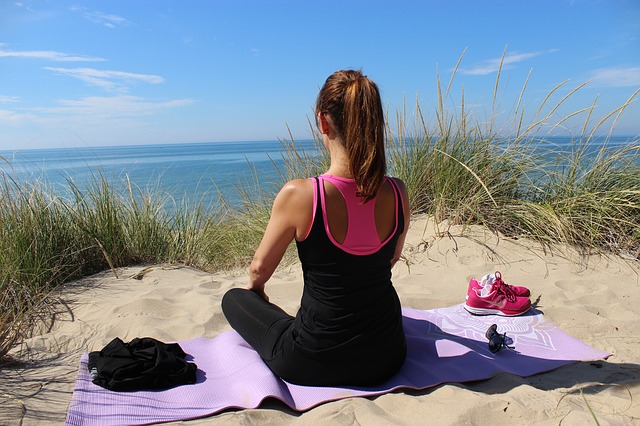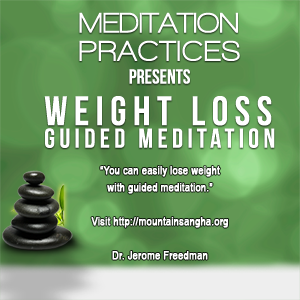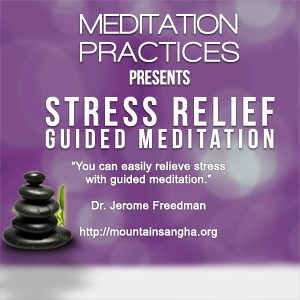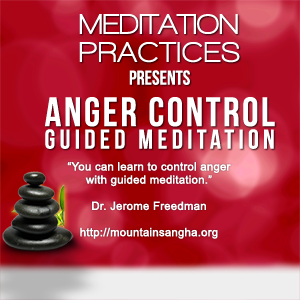Editor’s Note: These 4 non-medical practices to help cancer patients feel better were offered by Patricia Sarmiento (see below).
Worldwide, each year 14 million people are diagnosed with cancer. With more than 100 types of cancer in existence, it’s a disease that is so far-reaching that almost all of us have been touched by it in some form.
The good news for today’s cancer patients is that the survival rate is increasing. That means our cancer treatments are working, but it doesn’t make them any less difficult on patients. If you or a loved one are currently fighting the disease, here are a few non-medical practices to help you feel a little better as you win the battle.
Service dogs. Anyone who owns a dog knows the emotional boost one can get from the unconditional love provided by a cuddly pooch. And that’s why therapy dogs are now being used to help cheer up chemotherapy patients. As this article on how dogs help people with cancer points out, a recent study found that although these patients experience physical pain and discomfort those who got to cuddle up with a therapy dog beforehand received a boost to their “emotional and social well-being.”
Meditation. As Cancer Research UK notes, studies have shown that meditation can reduce stress and improve mood for people undergoing cancer treatment. The organization provides a comprehensive introduction to meditation for anyone looking for more information about the practice. For example, it offers instruction on the types, methods of practice, how to find a teacher, and more.
Acupuncture. For cancer patients suffering from nausea, pain, and fatigue, acupuncture may provide some relief. The National Cancer Institute explains that clinical trials have, indeed, shown the positive results that acupuncture can have for people with cancer. Of course, it notes, you should only receive acupuncture treatment from a “qualified practitioner.” The National Certification Commission for Acupuncture and Oriental Medicine provides information about the acupuncturist certification process and offers a searchable directory of practitioners.
Exercise. Exercise has many benefits for people with cancer. As this article explains, it can help reduce pain, anxiety, and stress and has been “linked to increased life expectancy after a diagnosis of cancer.” You may not be able to work out with the same intensity you did prior to your diagnosis (at least while you’re undergoing treatment) but you can certainly participate in low-impact exercises like walking and yoga.
But here’s one quick caveat about exercising for cancer patients: swimming may not be the safest option. Yes, gliding through the water is a great way to work your whole body and even offers a soothing quality, but the water could also make you sick. As this guide on chemotherapy and swimming explains, because chemo patients have weakened immune systems, they may not be able to properly fight off the waterborne pathogens they could come into contact with in the water.
There is nothing fun or pleasant about receiving cancer treatment. But when you take advantage of these non-medical practices, you can feel a little better as you work to get back on your feet.
About the author…
Patricia Sarmiento is a health and fitness blogger who loves writing about living a happy, healthy lifestyle and other health-related topics. A longtime athlete, she continues to make fitness a focus in her everyday life. She lives with her family in Maryland. Find her and follow her at her site, Public Health Corps.













.jpg)
You must be logged in to post a comment.